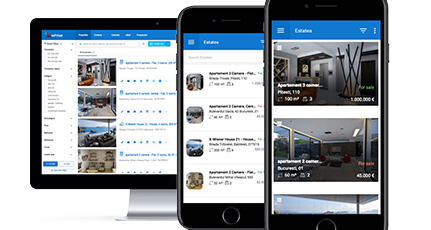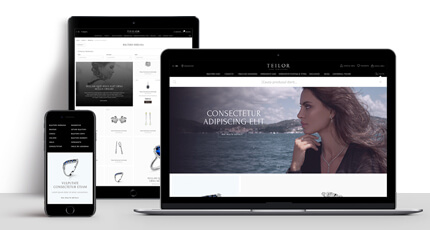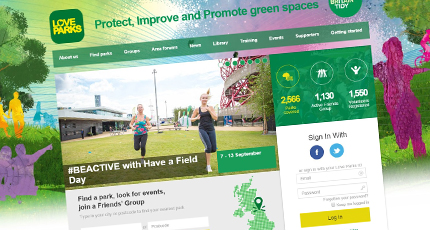Staff augmentation software or product development as a startup can be a difficult decision, especially for non-technical startup founders. Many entrepreneurs are far more comfortable with staff augmentation services more than other peripheral aspects of their business, such as HR or accounting, but choosing to hire in-house developers can put a huge strain on your business in terms of budget as well as time-to-market.
On the other hand, staff augmentation creates the possibility of building development power machines from others’ resources, based on a model that’s close to the cloud hosting logic. CIO Magazine recognized IT Staff Augmentation Services as the best way to innovate twice faster, engage up to 4 times more customers, and cut development costs up to 40%.
image credit: marvelousRoland
But how do you do to reap all the benefits – such as reduced costs, more robust code, access to niche technical skills, speed and flexibility – of having someone with more experience develop your product while avoiding any of the pitfalls? If you carefully choose who you outsource to, staff augmentation can mean a great growth boost for your business. Your decision whether or not to outsource a software development project should depend almost entirely on the company you choose. Here’s what to look for:
- Hire based on people. Choose a dedicated coding team instead of disparate contractors. An “A” team can take “B” projects to huge success, but a “B” team can ruin an “A”-class product.
- Choose a provider that gives you visibility of who is working on your project and supports you in building a relationship with them. We typically engage with our client’s team at least twice a week and when possible we have daily scrum meetings with their team, to have both sides deeply involved in the analysis and design process.
- Mitigate your risk by hiring competent and confident specialists that can commit to timelines. We manage to meet or exceed expectations in terms of schedule adherence to make sure our clients are happy in the long term.
- Make sure you get a well-documented, scalable, reliable and easy to maintain product. We keep this in mind from the earliest stage of the project, starting with the choices of technical options.
- Technical experience: Does the potential partner have case studies that reflect successfully completed work that’s similar in size and scope to your project? They also should have used similar technologies to what you are looking for. Our expert teams offer a wide array of technical competences and many of us specialize in multiple technologies. We can harness this variety in skills and experience to produce a best-in-class product.
- Client size: developers used to working with huge enterprises may not understand the needs of smaller growing companies. On the other hand, developers used to start-ups alone may not be able to fit into the enterprise-minded system. We’re keen on remaining ‘just the right size’ and on nurturing our start-up culture and this has enabled us to help many businesses that were at a start-up stage when we began our collaboration and have since then grown into mature and very profitable products. For instance, we’ve built a complex enterprise application for oncology clinics, a social commerce portal for Ezebee, which has gained considerable attention from several online publications, an HR profiling tool for Gauge, a candidate assessment system – Recruiter Genie – and a talent management system – Insight Genie – which have disrupted the recruitment market and de-mistyfied the need for ‘consultant led’ talent profiling.
- Soft skills are very important. How do they recruit, what is their attrition rate, how do they keep up with the latest tech, do they have a clear protocol for communication, is their culture compatible with yours? 90% of us started working at Roweb during University studies and have stayed for over 10 years, and the fact that we’re a tight knit team reflects in the quality of our work, especially during crunch times.
- Hire a company with reputation or references. A good staff augmentation developer should be able to provide you with several references that you can call and ask about their experiences. A good indicator is also the duration of their collaboration with other clients – we’ve had successful long-standing relationships with our clients of 10+ years.
- Location – to be able to communicate with your developers in real time, there should be at least a 3 hour overlap each working day to easily communicate via phone, email or Skype. For example, California to India is very difficult, while the east coast of the U.S. to Romania works pretty well.
- Language: At the very least, you want your project manager to be able to communicate with you in English. The project manager can then communicate effectively in the native tongue of the developers. In our case, all of us are fluent in English, which simplifies all processes and enables the intimate collaboration and goal alignment that true R&D requires.
- Personal chemistry – Talk to your potential project manager and anyone else with whom you’ll be working. Getting along personally is important – building great products calls for a deep understanding of customer needs and great communication. We believe in creating small agile teams in which the product owner is an integral member.
Ultimately, choosing the right software developer means major savings, top developers and a superior product than you could develop in-house.





